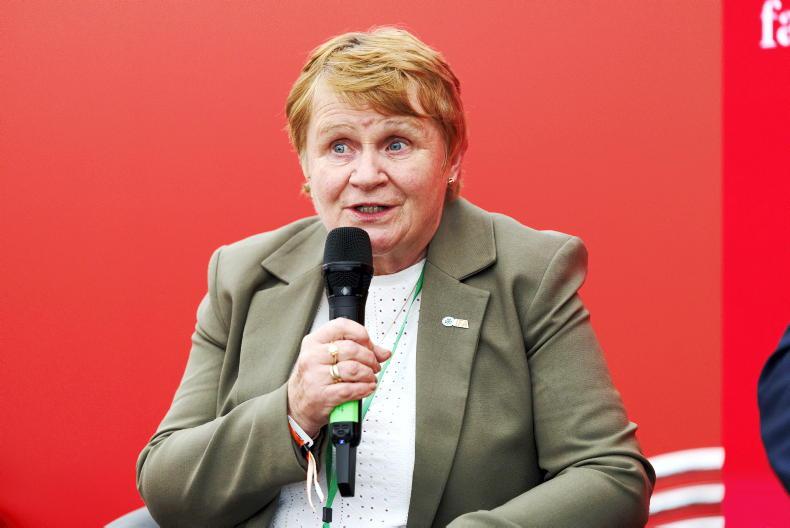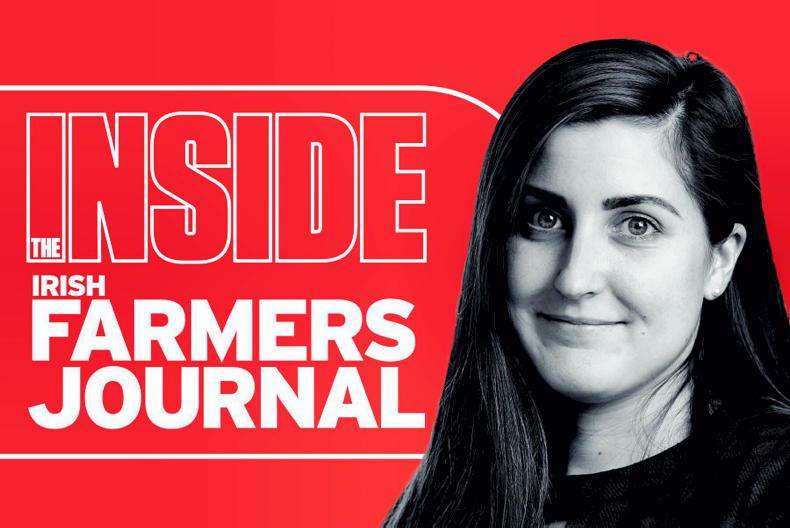Last Wednesday week, UK agriculture minister Michael Gove assured a farm conference in Oxford that agricultural subsidies would continue after Brexit, at least until 2022 and possibly beyond that date.
Most UK farmers are reliant on government payments and the National Farmers Union has naturally been campaigning for their retention.
But the UK will be departing the Common Agricultural Policy in any plausible scenario, short of a complete reversal of the Brexit decision. Even a “soft” Brexit, with the UK staying in the single market on the Norway model, would see the end of CAP participation. Anyhow the government has explicitly ruled out the Norway option.
So Gove’s willingness to continue with subsidies will not reassure farmers until the details of any new scheme are clarified – there is to be a full policy statement within a few months.
Gove has committed to the maintenance of high food safety and animal welfare standards and has ruled out the import of chlorinated chickens, for example.
His plan outlined at Oxford would see farm subsidies tied to land use, “public subsidies for public benefits”. Farmers would no longer receive payments linked to acreage but would be subsidised, in what sounds like a REPS model, for planting woodland, encouraging wildlife, better water quality, more wildflower meadows and “re-wilding”.
As with just about every other element in the government’s post-Brexit vision, the details have not been worked out.
Any policy along these lines would not help to increase farm output or to reduce import dependence. But some of Gove’s colleagues, including chancellor Philip Hammond and transport secretary Chris Grayling, have been arguing that Britain should raise food self-sufficiency, currently around 70%, which means more output.
Production changes
It also means changes to production patterns – less grain and more dairying perhaps. Another cabinet minister, trade secretary Liam Fox, is responsible for new trade deals outside Europe and has been extolling the virtues of cheaper imports.
These policy positions are contradictory – you can produce more trees or more milk, have high food standards or cheap imports, but not all of these things simultaneously. Any shift from crops to animal husbandry is very hard to reconcile with increasing public access to the countryside.
In any event, it is never straightforward to alter the patterns of agricultural production. How much does it cost to convert, say a 500-acre arable farm in East Anglia, to dairying? How long does it take to turn the arable farmer into a dairy farmer? Where is the milk collection and processing capacity?
The contradictory positions of ministers reflect Britain’s long-term lack of affection for the Common Agricultural Policy. When Britain first joined the Common Market in 1973, the CAP was costly and inefficient, creating wine lakes, butter mountains and large bills for German taxpayers.
British Euroscepticism owes some of its potency to memories of the high portion of that bill which was passed along to the UK on entry in the form of price increases and the Budget contribution.
At the first referendum on UK membership in 1975, the big issue for the No campaign was food prices. The electorate voted two to one to stay in Europe on that occasion but the CAP concerns cast a long shadow.
Today’s CAP budget bill for Britain is much reduced since Margaret Thatcher won her famous rebate and food costs are no longer such a large component of household expenditure. The CAP itself has been substantially reformed and wasteful surpluses have been eliminated.
But the perceived evils of the 1970s CAP have lived on in the memories of Brexiteers and still motivate antipathy to the EU in both the Conservative and Labour parties.
Preferable
From an Irish perspective, the emerging Gove policy (no encouragement of greater output, no weakening of standards) is far preferable to the threat to traditional markets from Liam Fox’s trade ambitions.
An opening up of UK markets to cheap imports would not just hit the export market directly, it would prevent the regulatory alignment necessary to avoid border checks and customs duties.
But Gove has also been suggesting divergences in standards from a rather different perspective. His latest wheeze is a ban on the sale of foie gras: animal rights campaigners have long objected to the force-feeding of ducks and geese involved in producing this expensive delicacy.
Whatever the rights and wrongs of the issue, there will be a reaction when the UK-EU trade talks get under way to any British attempt to diverge from European standards through selective import restrictions, however nobly motivated. Equally, there will be no EU tolerance for the Liam Fox approach of cheaper imports.
Every divergence on food regulations will make it more difficult to avoid border checks in Ireland. On the bright side, smuggling foie gras to London restaurants via Belfast sounds interesting.








SHARING OPTIONS